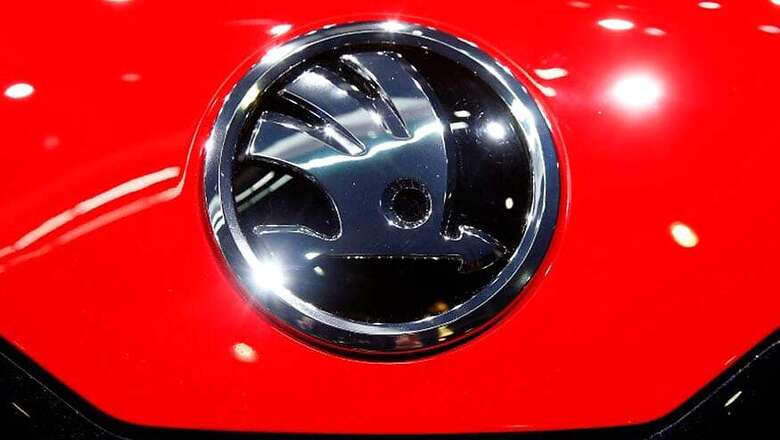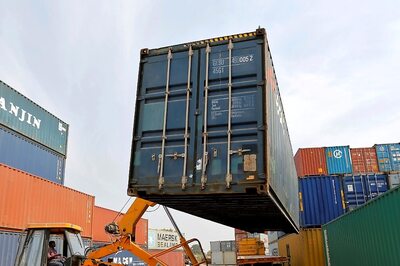
views
Skoda is at least the second automaker to stop approving its cars with Britain's Vehicle Certification Agency (VCA) due to uncertainty over its post-Brexit powers, in an example of the steps firms are taking to fill a void of uncertainty.
The VCA can, for now, sign off on models to be used in the whole of the EU, like national equivalents across the 28-member bloc, and is used by the likes of Jaguar Land Rover, Nissan and Aston Martin.
Its powers after the Brexit transition period, which ends in December 2020, remain unclear and are likely to be determined as part of the final agreement due to be decided this autumn.
Carmakers can spend years on the approvals process at significant expense. Many like Skoda, which does not build in Britain, have picked the VCA in recent years due to its expertise.
However, quintessentially British brand Aston Martin, famed for being James Bond's car of choice, told Reuters this month it had no choice but to stop using the VCA for its latest models with Skoda taking a similar approach.
"As long-term certainty is required for developing and manufacturing new models, as well as making ongoing changes and modifications to them, it has become necessary for SKODA to find a type approval authority who will have authority to function within the European Union," a spokesman said.
Skoda has used the VCA for all its recent models except the Karoq, Kodiaq and Citigo and will now use the Czech ministry of transport for all future vehicles, the spokesman at the Volkswagen-owned Czech brand said.
At stake is the future of a key regulator for Britain's car industry, which has been one of the few manufacturing success stories since the 1980s, employing over 800,000 people and generating turnover of 77.5 billion pounds ($110 billion).
Britain's transport ministry, which oversees the VCA, did not offer an immediate comment when contacted by Reuters. It turned down a Reuters request to interview the head of the VCA, Pia Wilkes, or anyone else from the organisation.
The ministry has previously said:
"We are committed to securing the best deal for Britain, and will work hard to ensure the UK motor industry and authorities continue to thrive following EU exit."
European partner?
Losing carmakers would be a blow to both the VCA's finances and prestige.
But at the Geneva Motor Show earlier this month, the chief executive of McLaren Automotive - which uses the VCA- suggested the regulator may be looking to find a European partner for future work.
"We are in discussions actually with the VCA at the moment who are considering having a partnership with a European agency," Mike Flewitt told Reuters.
"There may be a route there. I don't want to walk away from the VCA if I can possibly help it," he said.
But it can take up to 18 months to obtain a licence and carmakers often begin discussions with regulators three to ten years beforehand, according to Britain's car industry body the Society of Motor Manufacturers and Traders (SMMT).
It said in October that due to concerns that licences granted by the VCA may be deemed invalid in the future, some carmakers were already going to other regulators, without naming specific brands.
Several executives who spoke to Reuters at the Geneva Motor Show said it would make no sense for a different regulatory system to develop in Britain compared with the rest of Europe.
"It only adds costs for admin and red tape," Ralf Speth, the boss of Britain's biggest carmaker Jaguar Land Rover, told Reuters.
"It doesn't bring civilisation forward, it doesn't give us new solutions for technology, it doesn't help us in making the environment better. Sorry, I'm an engineer."
Also Watch:




















Comments
0 comment